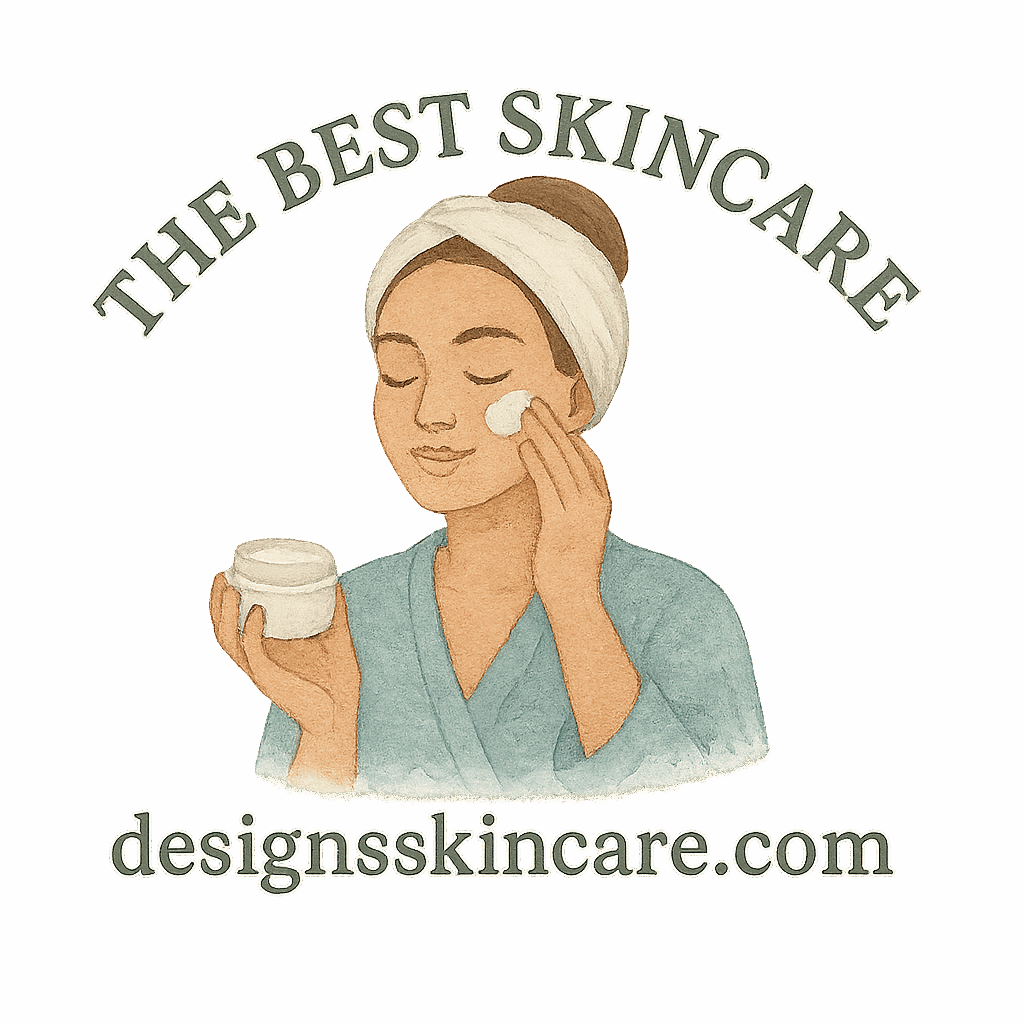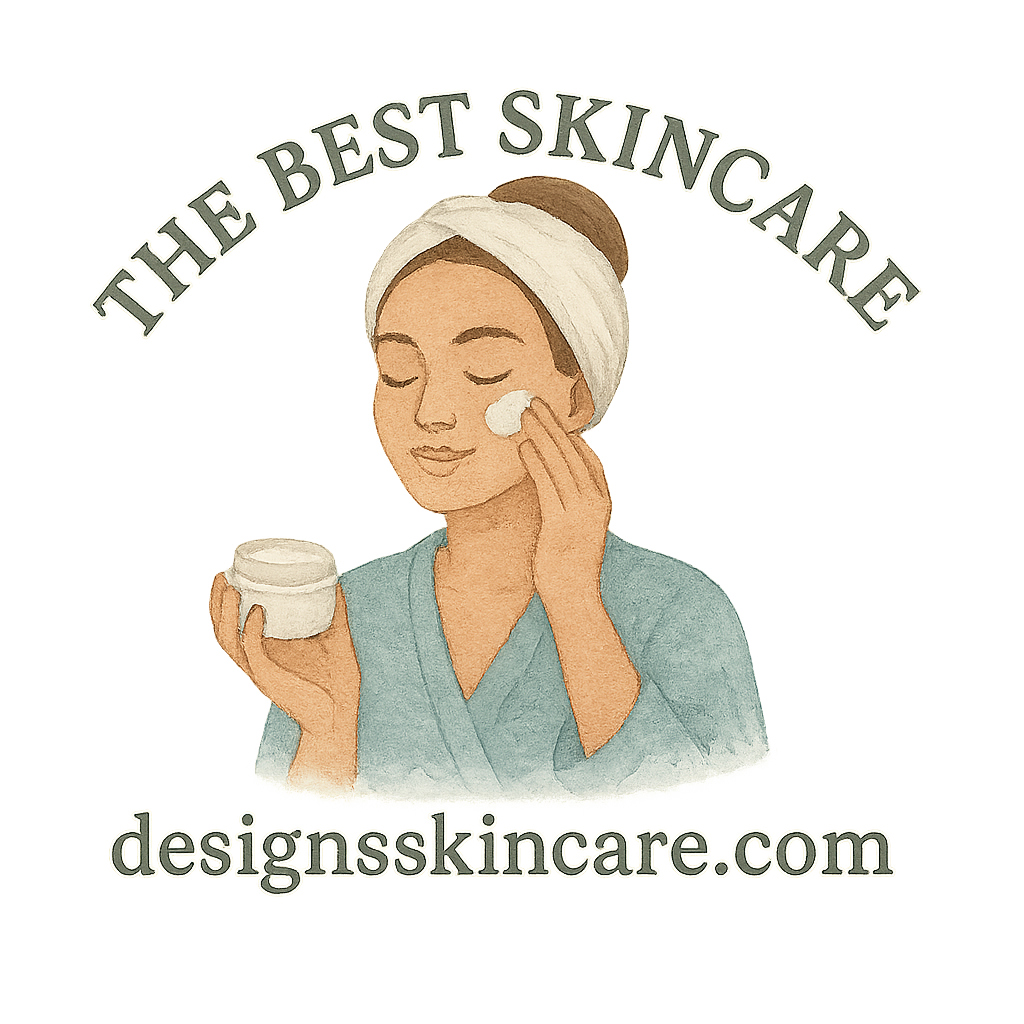Introduction: Why Minimalist Skincare Matters as You Age
Aging is inevitable, but how we approach it makes all the difference. Skincare doesn’t need to be complicated or involve a cabinet full of expensive serums. In fact, when it comes to maintaining healthy, glowing skin as the years pass, minimalist skincare routines often outperform overwhelming regimens. By focusing on what really works, you save time, money, and—most importantly—your skin’s natural balance.
Minimalism in skincare is not about doing less for the sake of it. It’s about being intentional, understanding what your skin really needs, and sticking to effective habits.
The Philosophy of Minimalist Skincare
Less is More for Healthy Skin
Layering on dozens of products isn’t always beneficial. Many active ingredients can clash, causing irritation or stripping away essential oils. Minimalism emphasizes simplicity—choosing only the essentials that promote hydration, protection, and nourishment.
Avoiding Product Overload
Overloading your skin with products can trigger sensitivity, breakouts, or dullness. By focusing on a few well-chosen items, you allow your skin to breathe, repair, and function as it should. For example, this skincare guide explains how fewer steps often lead to better results.
Routine 1: Gentle Cleansing for Aging Skin
Why Harsh Cleansers Speed Up Aging
Cleansers with sulfates or high alcohol content can strip the skin barrier, leading to dryness and fine lines. As we age, the skin becomes thinner and more delicate, making gentle cleansing a must.
Best Cleansing Practices
Opt for a mild, hydrating cleanser that removes impurities without over-drying. Use lukewarm water instead of hot to avoid unnecessary irritation. Check out skincare by skin type for tailored cleansing advice.
Routine 2: Hydration Is the Secret Weapon
Role of Water and Moisturizers
Hydration is the cornerstone of youthful skin. Dehydrated skin looks dull, emphasizing wrinkles and sagging. Both drinking enough water and applying moisturizers are essential.
Choosing Hydration-Boosting Products
Look for lightweight moisturizers with hyaluronic acid, glycerin, or aloe vera. A good moisturizer locks in hydration and restores elasticity.
Routine 3: Nourishing Your Skin with Healthy Oils
Facial Oils vs. Heavy Creams
Facial oils replenish lipids, which decline with age. Unlike heavy creams, oils mimic natural skin sebum and absorb deeply.
When and How to Apply Oils
Apply a few drops after moisturizer at night to seal in hydration. Oils like jojoba and rosehip are especially beneficial for mature skin.
Routine 4: Antioxidant Protection for Skin Longevity
Vitamin C and Other Key Ingredients
Antioxidants fight free radicals, one of the biggest culprits behind premature aging. Vitamin C brightens skin and stimulates collagen. Green tea and niacinamide are other excellent options.
How to Build Antioxidants into Your Routine
Use a serum in the morning before sunscreen. Explore more about skincare ingredients that help your skin age gracefully.
Routine 5: Sunscreen—Your Ageless Shield
Daily SPF Habits
If you skip everything else, never skip sunscreen. UV rays accelerate wrinkles, spots, and sagging. Daily SPF use is the number one anti-aging step.
Choosing the Right Sunscreen Formula
Opt for a broad-spectrum sunscreen with SPF 30 or higher. Mineral sunscreens with zinc oxide are gentle for sensitive, mature skin. Learn more in this sunscreen skincare routine guide.

Routine 6: Exfoliation Without Overdoing It
Gentle Exfoliation for Mature Skin
Exfoliation removes dead cells, revealing a brighter complexion. But too much exfoliation can damage aging skin.
Frequency and Safety Tips
Stick to once or twice a week with mild exfoliants like lactic acid. Avoid harsh scrubs. For more skincare tips, moderation is key.
Routine 7: Minimalist Night Care
Importance of Nighttime Renewal
Skin repairs itself at night. A simplified but effective night routine ensures you wake up refreshed.
Products to Use Before Bed
Stick to cleanser, moisturizer, and maybe a nourishing oil. A good night skincare routine doesn’t need 10 steps—it needs consistency.
Routine 8: Balanced Diet and Skin Health
Foods That Promote Glowing Skin
Your skin reflects what you eat. Omega-3s, leafy greens, and antioxidant-rich fruits help delay signs of aging.
Hydration Through Nutrition
Cucumbers, citrus fruits, and watermelon support hydration. Learn how healthy eating is tied to skincare.
Routine 9: Stress Management and Skincare
Hormonal Balance and Skin Aging
Stress hormones can worsen fine lines, acne, and dullness. As we age, hormonal fluctuations make stress management even more important.
Relaxation Techniques for Skin Health
Meditation, yoga, or even a walk outside helps balance stress. Visit the skin balance guide for holistic approaches.
Routine 10: Consistency Over Complexity
Building a Routine You’ll Stick To
The best skincare routine is the one you’ll follow every day. Minimalist routines encourage consistency because they’re sustainable.
Adapting as Your Skin Changes
Your needs evolve with age. Regularly reassess your skin and adjust products accordingly. Explore skincare by age for tailored routines.
Additional Minimalist Skincare Tips
Avoiding Common Skincare Mistakes
Don’t mix too many actives, skip SPF, or use products not suited for your skin type. Read more in the skincare mistakes guide.
Skincare on the Go
Traveling? Stick to cleanser, moisturizer, sunscreen, and a hydrating mist. Discover portable products that make it easy.
Conclusion
Minimalist skincare is about simplicity, consistency, and intention. You don’t need a dozen bottles on your bathroom shelf to age gracefully. With gentle cleansing, proper hydration, antioxidants, sunscreen, and mindful living, your skin can remain radiant at any age. Remember—aging is natural, but how you support your skin determines whether you do it gracefully.
FAQs
1. What is the most important minimalist skincare step for aging gracefully?
Sunscreen. Nothing protects skin from premature aging better than daily SPF.
2. Can I skip moisturizer if I have oily skin?
No. Even oily skin needs hydration—just opt for lightweight, non-comedogenic options.
3. How often should I exfoliate mature skin?
Once or twice a week is enough. Over-exfoliation can cause irritation.
4. Are expensive products necessary for minimalist skincare?
Not at all. It’s about choosing effective ingredients, not high price tags.
5. Do I need separate products for day and night?
Not necessarily. Some products, like moisturizers, work for both. Just add sunscreen in the morning.
6. What diet changes help with skin aging?
Focus on antioxidants, omega-3s, and hydration-friendly foods.
7. How do I know if my skincare routine is working?
If your skin feels comfortable, looks hydrated, and isn’t irritated, you’re on the right track.


